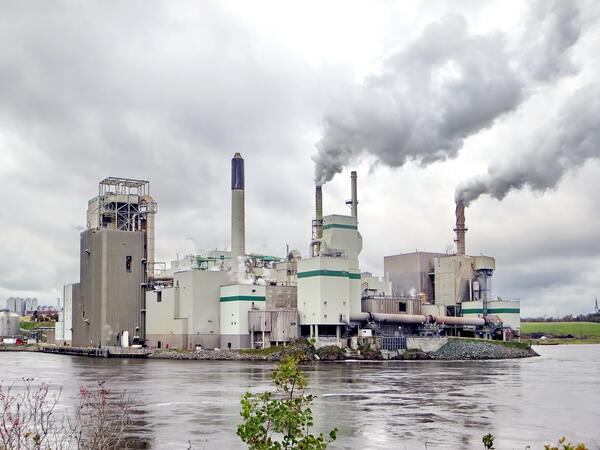The determinants and incentives of corporate greenhouse gas emission reduction
(1) Keystone School of San Antonio, San Antonio, Texas, (2) University of Texas at San Antonio, San Antonio, Texas
https://doi.org/10.59720/20-111
This study used hand-collected Greenhouse gas (GHG) emissions data from the Environmental Protection Agency (EPA) and aimed to understand the determinants and incentives of GHG emissions reduction. It explored how companies’ financials, Chief Executive Officer (CEO) compensation, and corporate governance affected GHG emissions. Results showed that companies reporting GHG emissions were wide-spread among the 48 industries represented by two-digit Standard Industrial Classification (SIC) codes. Companies in the industries with high litigation risks and companies with higher profits tended to have lower GHG emissions. Larger property, plant, and equipment values contributed to higher GHG emissions. Furthermore, companies used compensation incentives to reduce the levels of GHG emissions as evidenced by the negative correlation between GHG emissions and executive compensation (including bonus, stock options and restricted stocks). Lastly, corporate governance affected GHG emission levels. Boards with directors of longer tenure and more female directors were more likely to curb GHG emissions. My study contributed to finding ways to incentivize companies to reduce GHG emissions.
This article has been tagged with: